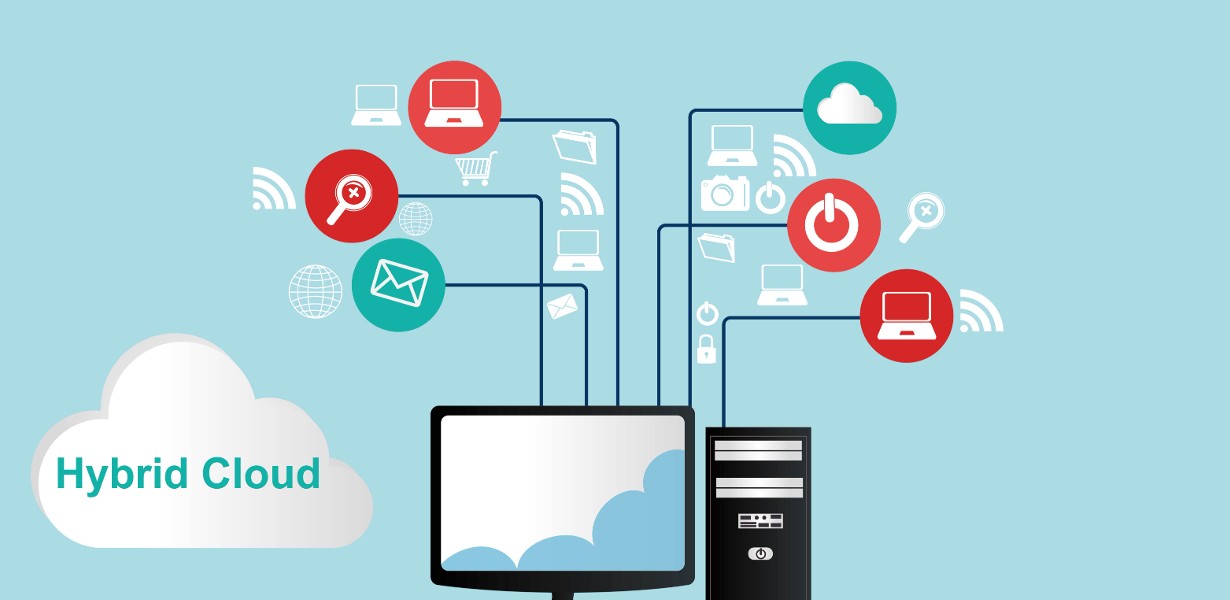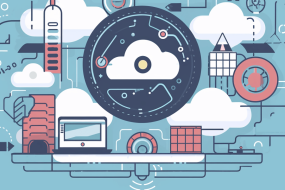
In the ever-evolving tech landscape, mastering hybrid cloud hosting is becoming increasingly crucial for businesses and tech enthusiasts. This comprehensive guide aims to equip you with the knowledge and insights you need to navigate the world of hybrid cloud hosting in 2023 and beyond.
Unveiling the Hybrid Cloud
The concept of hybrid cloud hosting might not be new, but its relevance and adoption are skyrocketing. Let’s begin by understanding what hybrid cloud hosting is and why it’s a game-changer.
Decoding Hybrid Cloud Hosting
Hybrid cloud hosting combines the best of both worlds: public and private clouds. It allows organizations to store and manage data in a way that is secure, scalable, and cost-effective.
Why Hybrid Cloud Hosting Matters
Hybrid cloud hosting is on the rise because it offers flexibility, data security, and cost optimization. This section highlights the significance of embracing this technology.
The Technological Evolution
As we step into 2023, the technology driving hybrid cloud hosting continues to advance. Let’s explore some key developments and trends to watch out for.
Edge Computing Integration
Edge computing is transforming hybrid cloud hosting. It allows data processing closer to its source, reducing latency and enhancing real-time decision-making.
Containerization and Microservices
Containerization technologies and microservices architecture are gaining popularity. They offer scalability and efficiency, making them an integral part of hybrid cloud solutions.
Enhanced Security Protocols
With the increasing importance of data security, hybrid cloud hosting is witnessing enhanced security protocols. Multi-factor authentication, encryption, and advanced threat detection are becoming standard.
Mastering Hybrid Cloud Hosting
To master hybrid cloud hosting, it’s essential to dive into the strategies and best practices that ensure success. Let’s take a closer look.
Data Management and Integration
Effective data management and integration strategies are vital for hybrid cloud hosting. This section explores methods to ensure seamless data flow across different cloud environments.
Cost Optimization
Hybrid cloud hosting can optimize costs if managed efficiently. We discuss cost-saving strategies and tools for organizations looking to maximize their investments.
Disaster Recovery Planning
Disaster recovery in hybrid cloud environments is critical. We’ll cover the planning and tools required to keep your data safe and ensure business continuity.
Final Words
2023 and beyond offer a promising landscape for mastering hybrid cloud hosting. With advancements in technology, security protocols, and strategies for efficient data management, businesses and tech enthusiasts have a golden opportunity to leverage the power of hybrid cloud hosting.
Commonly Asked Questions
Q1: What is the main advantage of hybrid cloud hosting over traditional hosting solutions?
Hybrid cloud hosting offers the advantage of flexibility and cost optimization. It allows organizations to balance data security and scalability while optimizing costs.
Q2: How does edge computing benefit hybrid cloud hosting?
Edge computing reduces latency and enhances real-time processing, making it a valuable addition to hybrid cloud solutions.
Q3: What is the significance of containerization and microservices in hybrid cloud hosting?
Containerization and microservices provide scalability and efficiency, enabling smoother operations within hybrid cloud environments.
Q4: Why is disaster recovery planning crucial for hybrid cloud hosting?
Disaster recovery planning ensures that data remains accessible and secure, even in unexpected situations. It’s essential for business continuity.
Q5: What trends can we expect to see in hybrid cloud hosting in the coming years?
We can expect increased adoption of edge computing, a focus on enhanced security protocols, and the continued growth of containerization and microservices.
Advertisement







